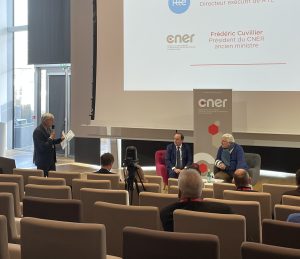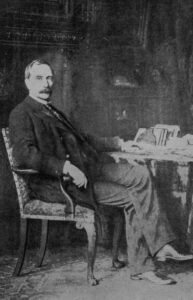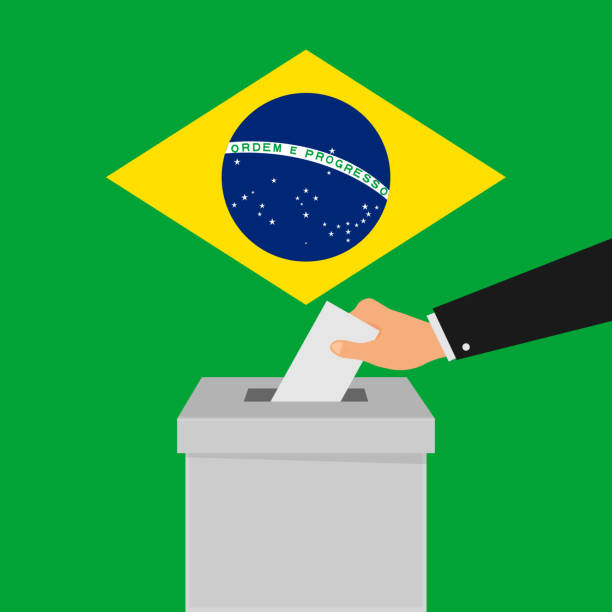Brazil: a country addicted to the internet
Brazil is an extremely connected country, and some observers describe it as an internet addict. Indeed, according to the Kantar institute, Latin America has one of the highest rates of social network integration in the world.
Moreover, WhatsApp, a secure messaging application, has 118 million users in Brazil. This makes it the second country in the world with the most users after India. Moreover, according to a Senate report, 8 out of 10 Brazilians use WhatsApp for information. This is due to the cost of mobile and internet packages. Indeed, they are quite expensive in Brazil, so to compensate, operators offer unlimited use of WhatsApp.
A strategy of misinformation that reaches both parties
According to a study by the Poynter Institute, four out of ten Brazilians receive untruths every day. This is an alarming proportion, which shows the extent of fake news in Brazil.
Indeed, disinformation has become omnipresent in the Brazilian political sphere. Moreover, this communication strategy has been adopted by the two Brazilian political parties: the Republic Party, a conservative and liberal party headed by Jair Bolsonaro, and the Workers’ Party, a left-wing party of which Luiz Inácio Lula da Silva is a member.
A lot of information has come out of these different parties. For example, on October 4th, a rumor on WhatsApp accompanied by two tweets allegedly published by Lula surfaced. In the first tweet the candidate, now president, was reported to have written that he would like to « close the churches in 2023 ». In a second tweet he expressed his wish that « priests and pastors who refuse to marry LGBT couples will be arrested and have their churches closed for the crime of homophobia ». A rumor that does him a disservice in a country where 1/3 of the Brazilian population is evangelical. However, this fake news was the result of an editing by the Bolsonaro camp.
Lula’s camp also used the networks to influence public opinion and gain voters. They accused the Bolsonaro camp of having assaulted a priest. However, the photo of the priest was taken in 2020. He had been beaten up following a robbery in the United States. Similarly, the federal deputy, André Janones, coordinator of Lula’s digital campaign, disseminated content distorting the words of Jair Bolsonaro, even defaming him. In fact, he accused former president Bolsonaro of being a pedophile or a freemason to his 2 million followers on Instagram and his 800,000 followers on Twitter.
Since January, more than thirty complaints have been filed with the Superior Electoral Court for fake news. Twenty-six of them were filed by Lula’s Workers’ Party against pro-Bolsonaro or against the former president himself. The Liberal Party filed seven complaints against Lula, accusing him of hate speech.
Bolsonaro: the champion of misinformation?
While he was ahead of Lula in the polls, who went on to win the election, Bolsonaro had three times as many followers on social networks as Lula. Thus, he used his influence to discredit his opponent and to gain popularity. For example, through WhatsApp he supported fake news circulating, accusing Lula of having organized his assassination attempt on the 6th of September 2018.
With the help of his family, Bolsonaro stirred up hatred against his opponent. Indeed, on their Instagram accounts and especially on Eduardo Bolsonaro’s , one of the sons, they claimed that Lula and his Workers’ Party supported the invasion of churches and the persecution of Christians in the country.
Similarly, Flavio Bolsonaro, his other son, created fake news to harm Lula, using his influence on social networks. In addition, the well-known pastor Silas Malafaia, with 10 million online followers, described the left-wing candidate as an alcoholic and a liar because of his support for Bolsonaro.
Establishment of means to verify information
According to Ana Regina Rego, content that is misinformed or taken out of context has a 70% higher chance of going viral, so means must be put in place. It is urgent to fight against the spread of misinformation so that it does not take on a disproportionate dimension.
To verify information, a platform called Fato or boato (fact or rumor in Portuguese) was launched in 2020 by the Superior Electoral Court. This site verifies information by sharing press articles and explanatory texts from reliable sources. The platform now has 380,000 subscribers. A number that remains fifteen times less than the number of followers of Bolsonaro (5.91 million). However, it is still a significant number.
Similarly, when asked by TF1 and LCI, Meta, the owner of WhatsApp, highlighted the efforts made by the social network to fight against disinformation. The group says it is working with the Brazilian authorities to « protect democracy and the integrity of the electoral process ». Thus, viral messages have been reduced by 70% since 2020. In addition, more than 8 million accounts have already been banned.
Media replaced by social networks ?
While social networks are becoming increasingly influential, traditional media is being questioned. They are even perceived as the enemy to be destroyed. Moreover, some Brazilians do not hesitate to show their contempt for the media by shouting in the streets « journalists are all corrupt, they are Leninists, Trotskyites ».
For some Brazilians, the real press is that of pro-Bolsonaro bloggers and influencers. Most of these people are very influential, sometimes with a million subscribers, and they do not hesitate to discredit journalists from Brazilian television channels by declaring, among other things, « you are a disgrace to the country ».
Thus, social networks have become the preferred channels for Brazilian politicians to talk to their supporters because they know that they are more popular than the media. So, politicians like Bolsonaro preferred weekly Facebook chats to institutional or media communications.











2 comments
My brothe recommended I might like thgis web site.
He was totaly right. This post truly madee my day.
You caan not imagine just howw much time I hadd spent
ffor his information! Thanks!
I reawd tthis paragraph complketely concerning the comparison oof newest annd previous technologies, it’s remarkable article.